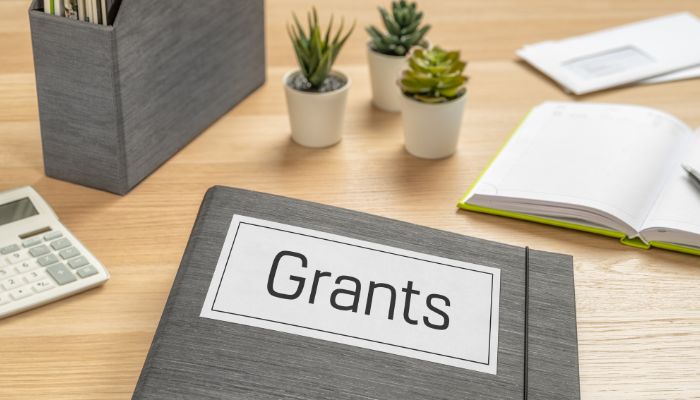|
Developer says therapy has potential to offer 'first-in-class' benefits by Andrea Lobo, PhD | April 16, 2024 The U.S. Food and Drug Administration (FDA) has granted orphan drug status to BLR-200, a medication that BLR Bio — a company stemming from the Helix 51 biomedical incubator at Rosalind Franklin University — is developing for scleroderma. According to Ronald Kaplan, PhD, the university’s executive vice president for research, “BLR-200 has the potential to establish first-in-class clinical benefits by addressing multiple elements driving scleroderma and treating multiple organs negatively impacted by the disease.” Orphan drug status is a designation given by the FDA to investigational therapies for rare diseases — those affecting less than 200,000 people in the U.S. It provides incentives such as exemptions from certain FDA fees, tax credits for clinical costs, and seven years of market exclusivity if the drug is ultimately approved. It’s an important milestone for BLR Bio’s drug candidate, Kaplan said in a university press release, which stated that “BLR-200 is different from other therapies now in development for the treatment of systemic sclerosis.” Orphan drug status welcomed by developer BLR BioScleroderma, or systemic sclerosis, is an autoimmune disease affecting the body’s connective tissue, which supports and holds organs together. It is characterized by fibrosis, or tissue stiffening and scarring, that can affect the skin and internal organs, including the lungs, heart, or kidneys.
Fibroblasts are a critical cell type in connective tissue that play a key role in fibrosis. Fibroblasts may transition to myofibroblasts, a normal process in wound healing. However, their persistent presence is key in driving tissue fibrosis. Along with other treatment candidates BLR Bio is developing, BLR-200 is based on a family of naturally occurring proteins. These proteins, called CCN or cellular communication network, regulate the communication between fibroblasts and myofibroblasts in normal wound healing. Fibrosis and inflammation occur when CCN proteins fail to control the creation and removal of myofibroblasts. Specifically, BLR200 is a CCN3-derived peptide — a chain of amino acids, the building blocks of proteins — that may block the CCN2 protein involved in fibrosis, thus reducing scar tissue deposits. By targeting CCN proteins and other pro-inflammatory and pro-fibrotic components, BLR-200 is expected to block or reverse the progression of fibrosis. According to BLR Bio, early research showed that BLR-200 could reduce skin fibrosis in a model of scleroderma. Bruce Riser, PhD, CEO at BLR Bio, said the therapy candidate focuses on the causes of scleroderma. “Our therapy addresses multiple disease-supporting elements or redundancies in the pathways to initiation and progression, and targets a key scar-forming cell population of myofibroblasts,” Riser said. “The FDA’s granting of orphan drug designation to BLR-200 highlights the urgent need for new and innovative therapeutic options for patients afflicted with the disease,” Riser added. In 2022, BLR Bio and investigators at the University of Saskatchewan, in Saskatoon, Canada, were awarded a $780,000 CAD grant (about $565,000) from the Canadian Institutes of Health Research to study BLR-200 in scleroderma. Comments are closed.
|
AuthorScleroderma Queensland Support Group Archives
July 2024
Categories
All
|
Scleroderma Association of Queensland
©Scleroderma Association of Queensland. All rights reserved. Website by Grey and Grey.

